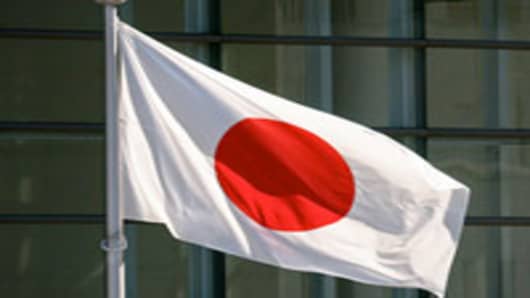Japan has hit a “critical point” where it risks losing investor confidence if politicians fail to reach agreement on how to rein in the ballooning national debt, a cabinet minister has warned.
“We face a dreadful dream that one day the long-term interest rate might rise,” Kaoru Yosano, the new minister for economic and fiscal policy, told the Financial Times.
“So we have to be very careful [to] ensure the credibility of our economy and the credibility of our government.”
His stark comments highlight government determination to introduce a sweeping reform of the tax system that would include a hike in the 5 per cent consumption tax.
Naoto Kan, prime minister, drafted Mr Yosano, a veteran opposition politician, into the cabinet last week to help build cross-party agreement on fiscal reform. Worries about Japan’s fiscal future have been fuelled over the past year by the sovereign debt crises suffered by eurozone countries, with Mr Kan warning last June that Japan could end up like Greece unless it tackled its rising debt.
Japan has no difficulties financing its deficit and there is no sign that it could face a sovereign debt crisis in the near future. The benchmark 10-year Japanese government bond trades at a yield of less than 1.25 per cent. But Mr Yosano warned it be would wrong to assume such a benign environment would continue indefinitely.
“Our fiscal status is at a critical point...the circumstances surrounding Japan may change overnight,” he said.
The deep recession into which Japan plunged in 2008 has dramatically worsened its already chronic government deficits, with new bond issuance set to outstrip tax revenues for the third year in a row in fiscal 2012.
The surprise appointment of Mr Yosano, a fiscal conservative who previously served as economic policy minister under the former ruling Liberal Democratic party, has underscored the determination of Mr Kan to address the yawning state deficit. Japan’s gross national state debt will soon rise above 200 per cent of gross domestic product.
Mr Yosano said he aimed to draw up a plan for funding fast-rising social security costs that could be the basis for cross-party discussion by June.
Many politicians, both in the ruling Democratic party and opposition groups, share Mr Yosano’s conviction that a substantial increase in the consumption tax will be an essential part of returning to fiscal sustainability. However, opposition groups have shown little interest in joining cross-party discussions, preferring instead to put pressure on Mr Kan to call an early general election.
Mr Yosano suggested future consumption tax rises could be introduced over a period of years.


